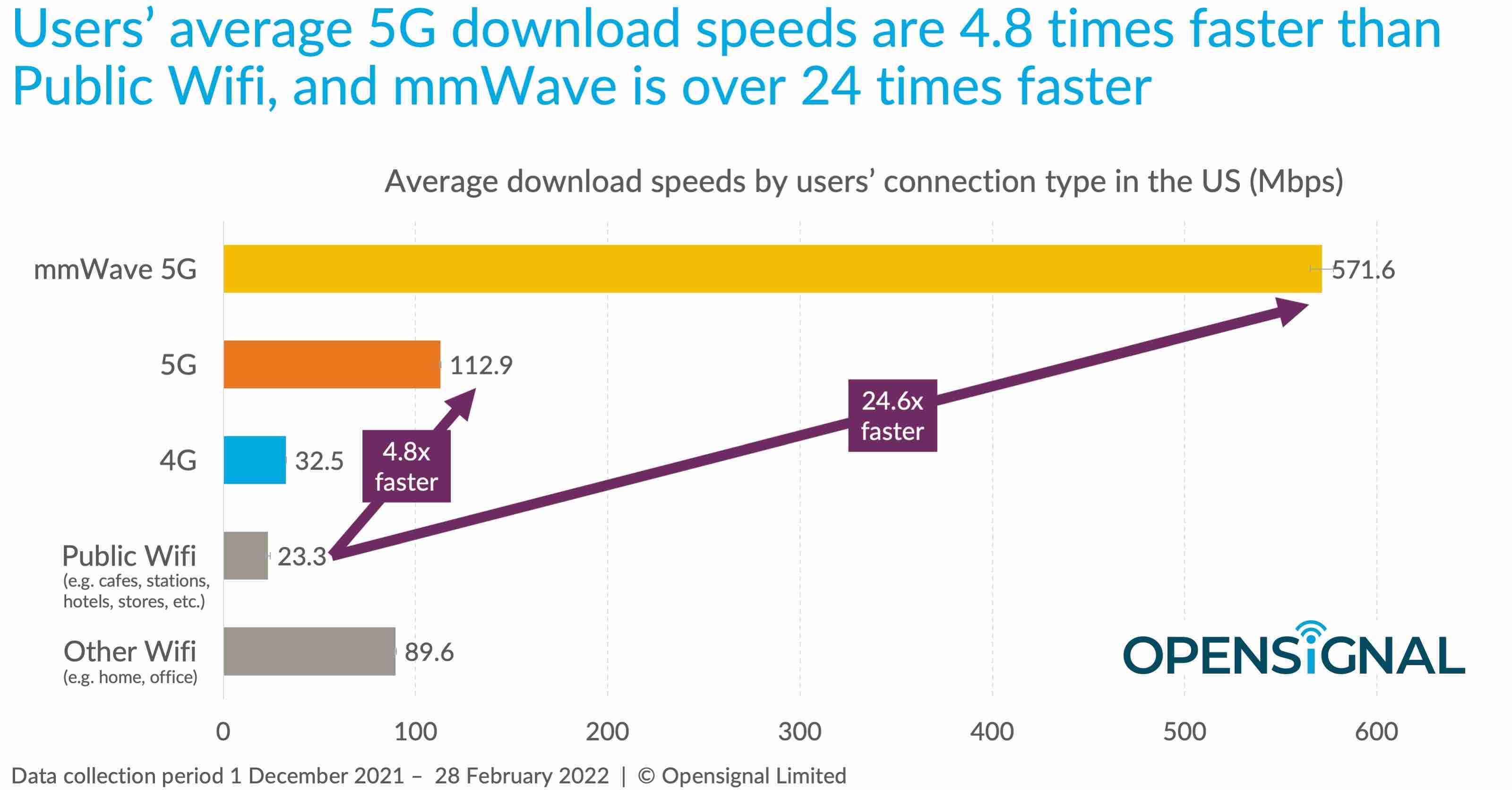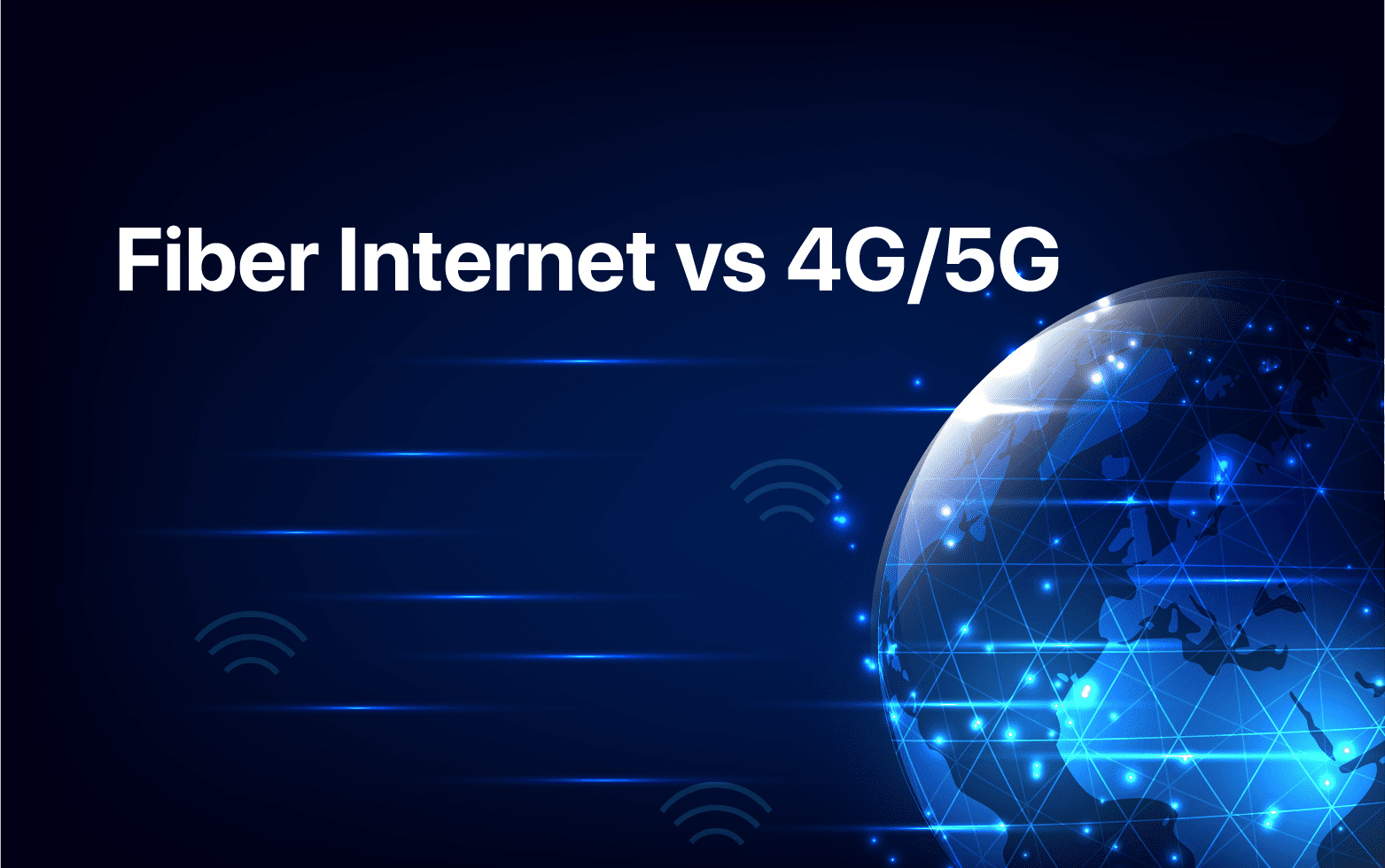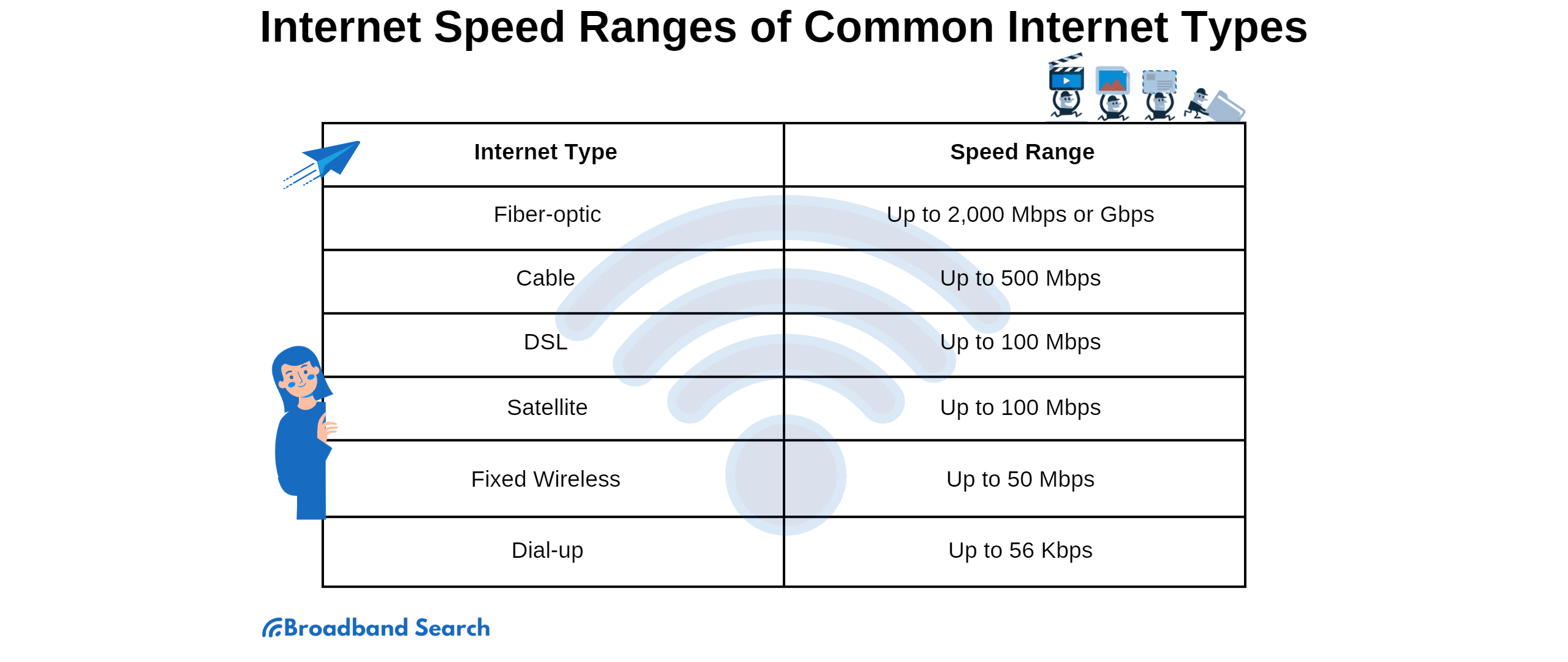The Secret Of Info About Is LAN Faster Than 5G WiFi

5G Network Speed Explained Everything You Need To Know!
The Great Network Race
1. Understanding the Contenders
So, you're pondering a classic tech dilemma: Is LAN faster than 5G WiFi? It's a question that plagues gamers, streamers, and anyone who values a smooth, responsive internet connection. We're diving into the speeds, the latency, and all the juicy details to help you make an informed decision. Think of it like a high-stakes race where we're comparing a sleek sports car (LAN) to a powerful, modern motorcycle (5G WiFi). Who will win? Let's find out!
First off, let's clarify our terms. LAN, or Local Area Network, typically involves devices connected via Ethernet cables directly to a router or switch. It's like having a private, dedicated highway for your data. 5G WiFi, on the other hand, is the latest and greatest wireless standard, promising blazing-fast speeds over the airwaves. But remember, promises are sometimes broken, especially when dealing with the often-unpredictable world of wireless technology. The potential for speed is definitely there, but real-world conditions can make a huge difference.
The key thing to remember is that "5G" in 5G WiFi is referring to the 5 GHz frequency band of the WiFi signal — not the same as 5G cellular data! This distinction is vital to understand as the 5GHz band offers faster potential speeds but might not penetrate walls as effectively as the 2.4GHz band. And that brings us to an important point: WiFi performance varies so much depending on your router, your device, interference, and even the construction materials of your home. It's like trying to predict the weather; sometimes you get sunshine, sometimes you get a downpour.
The debate between wired and wireless is nothing new. In the beginning, there was only wired, and it was good. Then, wireless came along and promised freedom from cables! Now, we're here, constantly comparing and contrasting the two, trying to find the perfect balance of speed, reliability, and convenience. So, strap in, because we're about to unpack the specifics.

5Ghz WIFI Vs LAN Speed Test On PS5 (Which Is Faster?) YouTube
Speed Demons
2. Numbers, Numbers, Everywhere!
Alright, let's get down to brass tacks: the speeds. In a perfect world, a wired LAN connection can theoretically reach speeds of up to 10 Gbps (Gigabits per second) with modern Ethernet standards. Now, that's assuming you have the appropriate hardware, like a good network card and the right cables. In practice, many home networks operate at 1 Gbps, which is still plenty fast for most applications. It's like having a Ferrari but mostly driving it on local roads — you've got the power, but you might not always use it to its full potential.
5G WiFi (or WiFi 6/6E) can also offer impressive speeds, with theoretical maximums exceeding even Gigabit Ethernet. Some routers claim speeds of several Gigabits per second. But, here's the catch: achieving those speeds in the real world is tough. Walls, interference from other devices, the distance from the router, and even the number of devices connected to the network can all significantly impact your actual speeds. It's kind of like that amazing gym membership you bought but rarely use — the potential is there, but you need to put in the work (or, in this case, have a perfectly optimized environment) to see the results.
When comparing speed tests, it's always important to look at average speeds rather than peak speeds. Peak speeds are like the advertised fuel economy of a car — rarely what you actually achieve in day-to-day driving. In most homes, a good 5G WiFi setup will get you hundreds of Megabits per second, often rivaling a "standard" Gigabit Ethernet connection for typical internet usage like streaming and browsing. However, tasks that benefit from consistently high bandwidth, like transferring large files between computers on your network or online gaming, might still see a noticeable advantage with a wired connection.
Let's get this straight: speed isn't everything. There are other factors involved such as stability and latency. We'll be discussing that later, but for now, just remember to take speed test results with a grain of salt. The numbers can be misleading without considering the overall user experience.

Latency Lag
3. Why Ping Matters More Than You Think
Speed isn't the only factor determining network performance; latency, or ping, is equally important, especially for online gaming and real-time applications. Latency refers to the delay in transmitting data from one point to another. A high ping can make even a fast connection feel sluggish and unresponsive. Imagine trying to play a fast-paced game with a noticeable delay between your actions and what you see on the screen — frustrating, right?
LAN connections generally offer significantly lower latency than WiFi. Because data travels directly through a physical cable, there are fewer opportunities for interference and delays. This is why serious gamers often prefer wired connections, even if their WiFi is technically "faster." A lower ping can give you a competitive edge, allowing you to react more quickly and make split-second decisions. It's the difference between landing a critical hit and missing entirely because your input was delayed by a fraction of a second.
WiFi, on the other hand, introduces additional latency due to the overhead of wireless communication protocols. Signals need to be encoded, transmitted over the air, received, and decoded. Each step adds a small amount of delay. While 5G WiFi has improved latency compared to older wireless standards, it still typically doesn't match the performance of a wired LAN connection. Interference from other devices and the distance from the router can further exacerbate latency issues.
Think of it like ordering food online. LAN is like having a private chef who prepares your meal and delivers it directly to your table — fast and efficient. WiFi is like ordering takeout; it might be convenient, but there's always a chance of delays due to traffic, busy restaurants, or the delivery driver taking a wrong turn. For tasks where real-time responsiveness is critical, lower latency can often be more valuable than raw speed.

Report Skip Public Wifi And Stick With 5G For Faster Speeds 9to5Mac
Practical Considerations
4. Weighing the Pros and Cons
Beyond raw performance, there are practical considerations to think about when choosing between LAN and 5G WiFi. The most obvious is convenience. WiFi allows you to connect devices anywhere within range of your router without running cables. This is especially useful for mobile devices like laptops, smartphones, and tablets. It's the freedom to roam without being tethered to a wall. However, that freedom comes at a cost, as the stability of the network will depend on many outside factors that cannot be controlled.
On the other hand, LAN connections require physical cables, which can be unsightly and inconvenient to install. Running cables through walls or under carpets can be a hassle, and you're limited to connecting devices within reach of the cable. But if you can put the cables to run along walls inconspicuously, and the machines don't move, the performance boost and reliability that you would be getting is definitely worth it.
Cost is another factor. Ethernet cables are relatively inexpensive, but you may need to purchase additional equipment like switches or hubs if you want to connect multiple devices. 5G WiFi routers can be more expensive than older models, and you may need to upgrade your devices to support the latest WiFi standards. Furthermore, think about security. Wired connections are inherently more secure than wireless connections, as it's more difficult for unauthorized users to tap into a physical cable than to intercept a wireless signal. However, modern WiFi encryption protocols (like WPA3) provide strong security, making it difficult (but not impossible) for hackers to compromise your network.
Ultimately, the best choice depends on your specific needs and priorities. If you prioritize convenience and mobility, 5G WiFi may be the better option. If you prioritize speed, reliability, and security, a wired LAN connection is the way to go. Or, like many people, you may choose to use a combination of both, using LAN for demanding tasks and WiFi for everyday browsing and mobile devices. It's about finding the right balance between performance and practicality.

Making the Call
5. So, Which One is Faster?
Okay, let's bring it all together. Is LAN faster than 5G WiFi? The answer, as is often the case in the world of technology, is: it depends. In a controlled environment with optimal conditions, 5G WiFi can potentially match or even exceed the speeds of a standard Gigabit Ethernet connection. However, in real-world scenarios, LAN connections typically offer more consistent and reliable performance, especially when it comes to latency-sensitive applications. This stability is the most important thing to consider for people looking for high reliability.
Consider your use case. Are you a serious gamer who needs the lowest possible ping? Go with LAN. Do you stream movies and browse the web from your laptop? 5G WiFi might be perfectly adequate. Do you transfer large files between computers on your network? LAN is your friend. Are you constantly moving around your home with your tablet? WiFi is the only option.
Don't be afraid to experiment. Try both LAN and 5G WiFi and see which one works best for you. Run speed tests, monitor your ping, and pay attention to how your applications perform. The best way to determine which is faster for you is to actually test them in your own environment. Every home is different, so what works for one person may not work for another.
In conclusion, the "faster" network isn't just about raw speed; it's about the overall experience. It's about finding the right balance of speed, latency, reliability, and convenience to meet your specific needs. And remember, technology is constantly evolving. What's true today may not be true tomorrow. So, stay informed, keep experimenting, and enjoy the ride!
